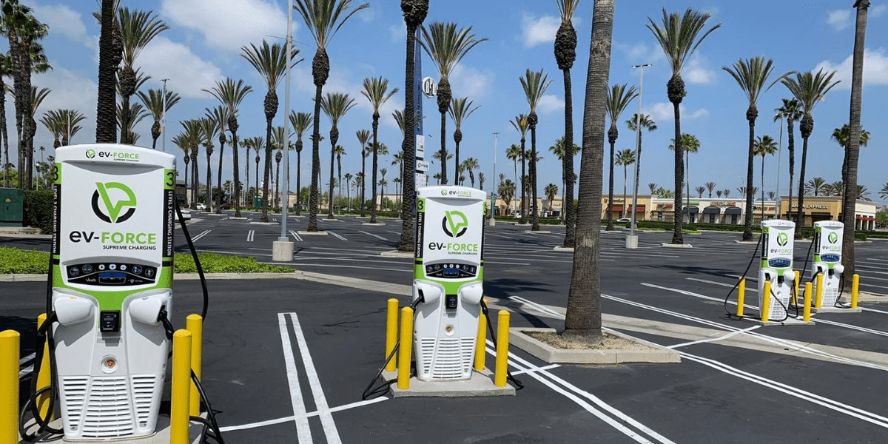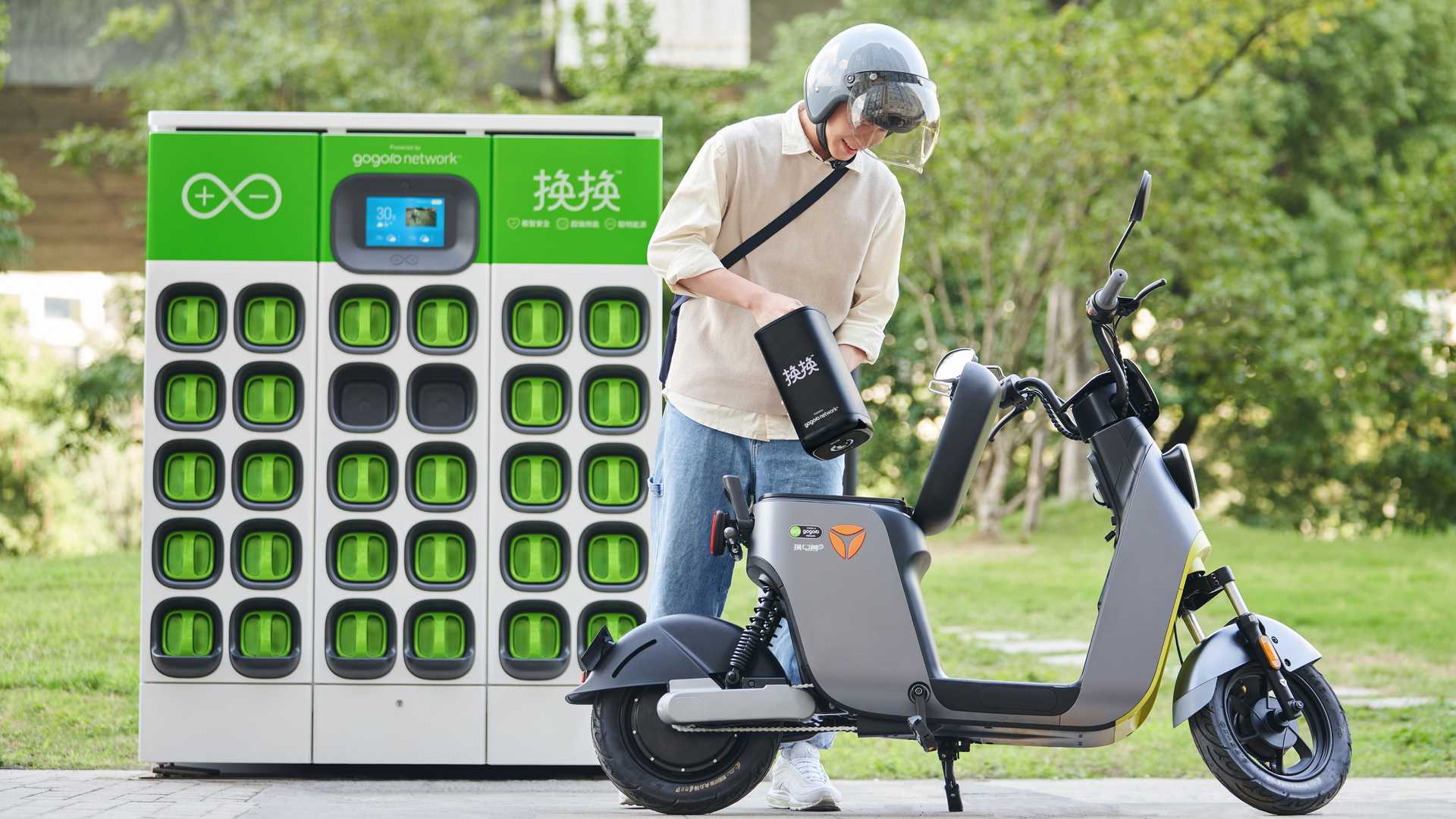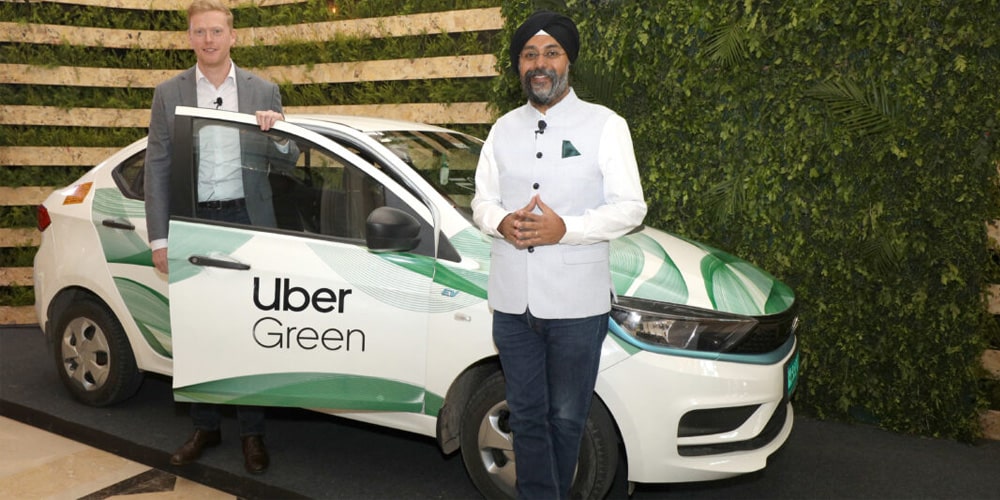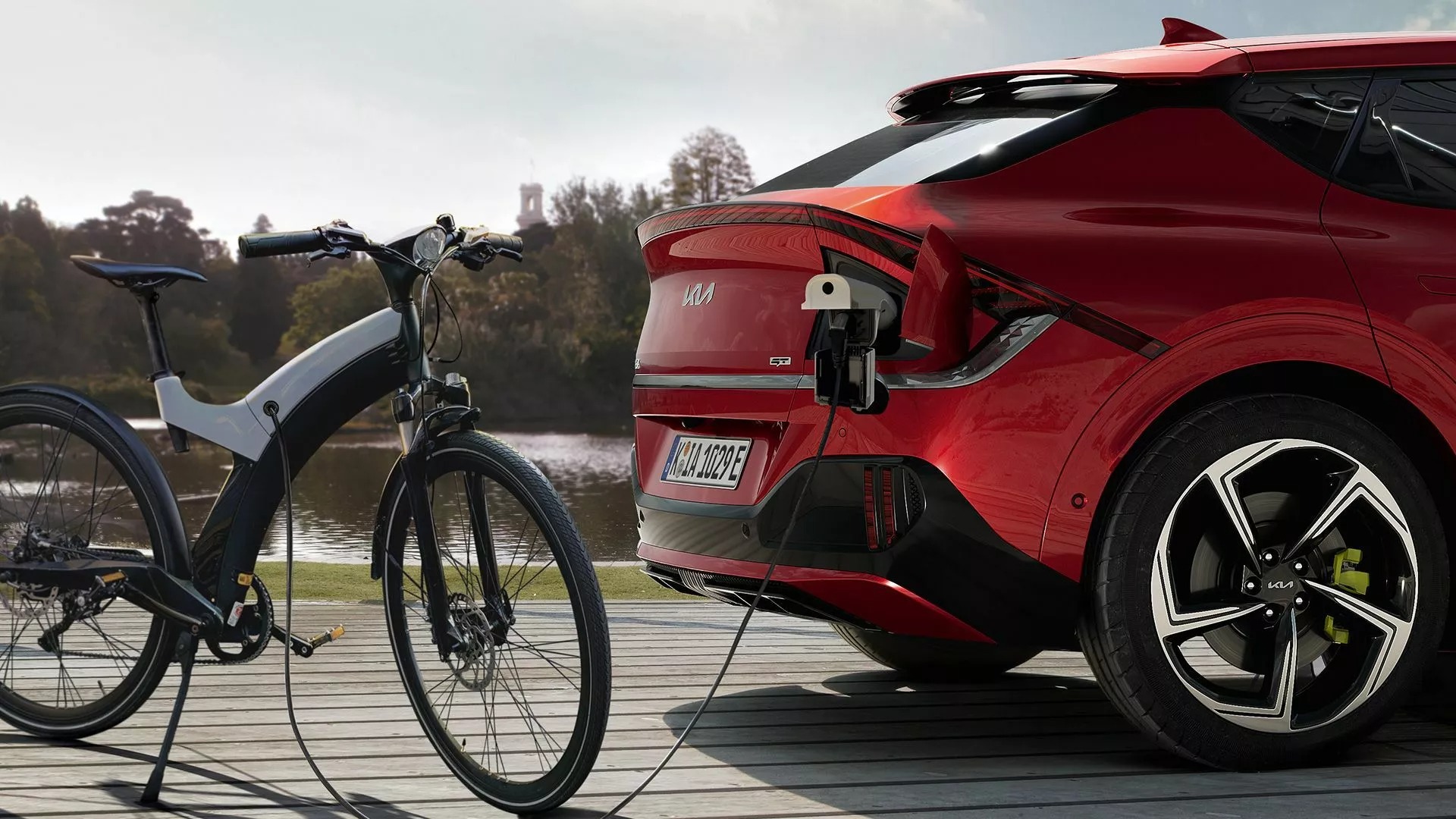The US Department of Energy (DOE) has recently announced a significant boost in funding for electric vehicle (EV) programs, with an additional $99.5 million allocated towards advancing the development and adoption of next-generation EV technologies. This funding is in addition to the $87 million already granted to support 45 electric vehicle projects across the country.
The primary objective of these funding initiatives is to promote the production of advanced EV technologies, facilitate the training of a future workforce skilled in electrified transportation, and ensure the equitable deployment of clean mobility options in underserved communities.
The recently announced funding opportunity is made available through the DOE’s Vehicle Technologies Office (VTO) for the fiscal year 2023. The total amount of $99.5 million will be directed towards improving EV charging infrastructure in underserved areas, enhancing consumer education regarding EVs and charging, and advancing the development of low-cost, high-performance batteries that utilize abundant materials. Interested parties are required to submit a concept paper by June 26, 2023, while the deadline for full applications is August 11 of the same year.
In the fiscal year 2022, a selection of projects was awarded over $87 million in funding across 18 states and Washington, D.C. These projects aim to foster innovation in technology and materials development for electric vehicles, explore emission reduction strategies for off-road vehicles, rail, and maritime transportation, and devise novel solutions for deploying clean mobility options in underserved communities. According to the DOE, the selected projects will not only contribute to the growth of the nation’s clean energy workforce but also create well-paying union jobs that empower more Americans to participate in this critical work.
Among the funded projects for 2022, there are several focused on developing charging solutions for individuals who lack access to home charging options. These projects seek to address the needs of those without dedicated residential charging infrastructure by implementing innovative approaches, tools, and outreach programs. Additionally, 13 projects have been funded to support clean energy initiatives in underserved communities through local organizations. Furthermore, in collaboration with Clean Cities coalitions, 10 projects will deploy targeted clean energy solutions.
Furthermore, a number of projects will focus on researching, developing, and validating charging solutions for electric off-road and non-road vehicles, including those used in agriculture and aviation. The DOE has also emphasized the importance of supporting the transition of workers into the clean energy workforce, with multiple projects dedicated to providing training and resources in this area.
The increased attention given to electric vehicles in the United States this year highlights the growing commitment of the government to promote sustainable transportation. However, the intensified focus has also resulted in heightened international competition for expertise and resources in this field. Negotiations between the European Union (EU) and the US regarding agreements on critical materials for EVs have experienced delays and are expected to continue into the summer.







